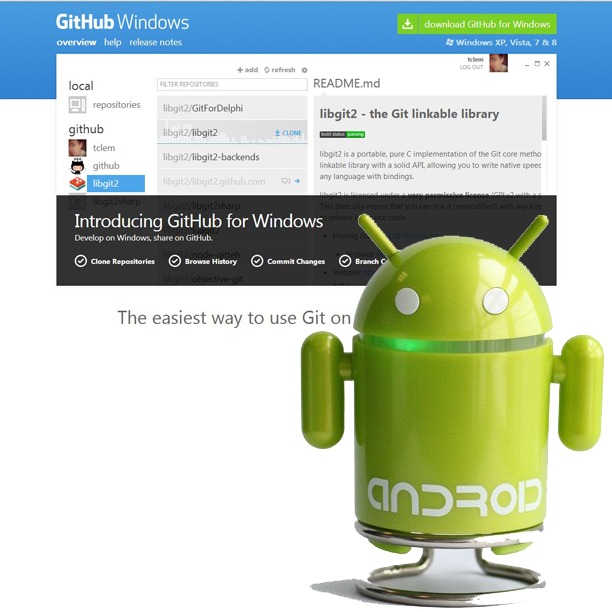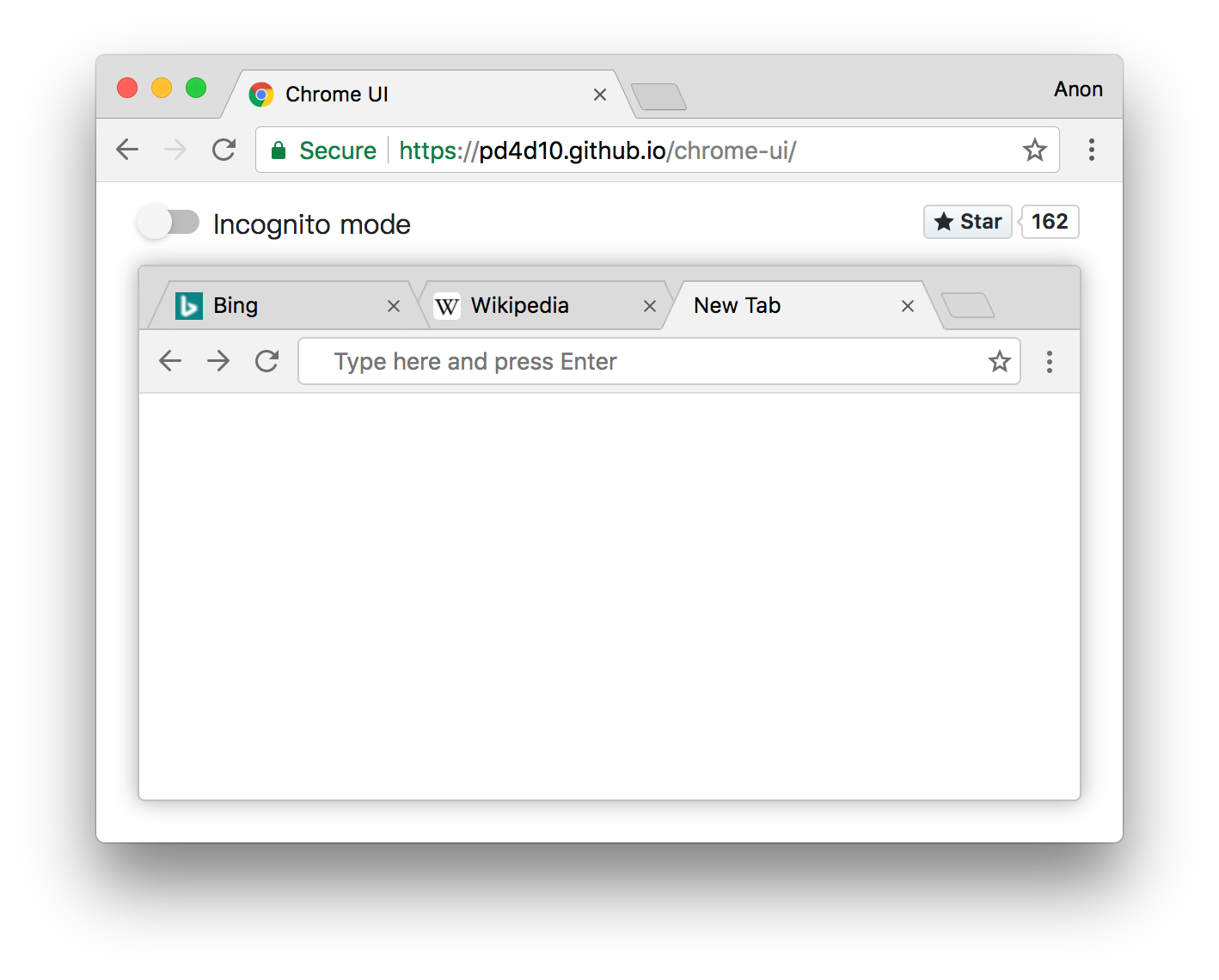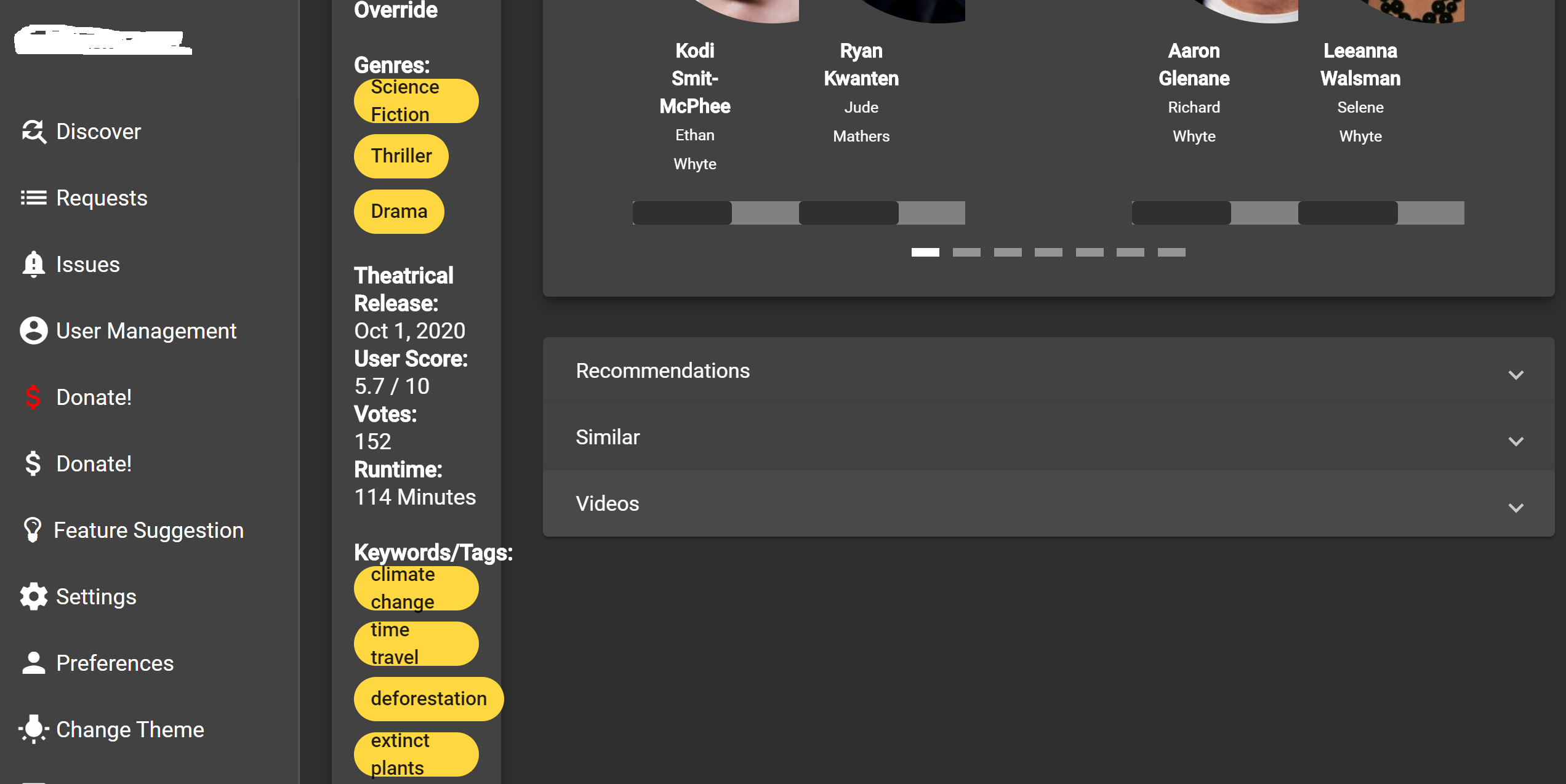

- #Wiki reader chrome app github for free#
- #Wiki reader chrome app github how to#
- #Wiki reader chrome app github manual#
- #Wiki reader chrome app github software#
That and people are really abusing the modern typography principle to get me to scroll more and 'engage' rather than just convey the information in a nice way (most news sites and recipe sites are egregious) that I'm starting to get turned off by the style for the web even though it's based in good reasoning. I want to be able to scan a lot of content without having to change pages to find where I want to start reading from. There's just many circumstances that it is not appropriate and I would say an encyclopedia entry is not one of them. I agree with these typography principles when they are applied to things that should be read from top to bottom and the entirety of the content actually consumed as a whole. So that only leaves trying to scale up only the main body of text (which normally isn't that sensitive with regards to scaling up the font size and therefore increasing its size requirements) and leaving alone smaller bits of text like menus, the page navigation etc., which are more likely to be size-constrained and start causing layout breakage if increased by an extraordinary amount. It might not be absolutely exactly the same layout breakage as when squeezing an old page directly into the 300 or so pixels available on a mobile phone in portrait mode, but it will be pretty similar.

Not scaling font sizes at all just gives you either tiny text (if you zoom out to fit the large viewport onto the small mobile screen) or loads of scrolling around if you display the page at 100 % zoom level instead.Īnd scaling up all text means you end up approximatively just where you started before you started resizing the viewport. Once you start with the hack of giving non-mobile-compatible pages a larger viewport in order to not break layouts that react allergic when being squeezed into 300-something pixels, what else do you want to do? > (but still inconsitently scale the font sizes so you have to zoom in and out to read different parts) I am not 100% sure what all the pitfalls are with the current interface, but they exist often enough for me to run into them semi-frequently on smaller laptops.
#Wiki reader chrome app github how to#
This obviously breaks the two windows side by side case on laptops but is a top result for me if you google the arcane syntax for how to target mobile browsers with a media query.
#Wiki reader chrome app github manual#
If you don't, you may falsely conclude from manual testing that you need large breakpoints for mobile.Īlso, many times mobile breakpoints don't look at the device orientation and pick numbers like 800px, to capture landscape orientation on medium sized phones or something (I'm not sure where this number comes from to be honest). You may have to also introduce a (nonstandard) viewport tag to prevent mobile browsers from laying out the page at a much higher resolution and then zooming/shrinking on you
#Wiki reader chrome app github software#
WikiMapper is truly free software (MIT license) and does not serve any ads, collect any personal information, or transmit any data to anyone.You're right, and it's certainly a solvable problem but one that often is not solved correctly is my point. To open the WikiMapper application, click on the icon in Chrome's toolbar.

Data is stored locally in Chrome's' localStorage. WikiMapper primarily makes use of the chrome.webNavigation APIs to detect and correllate browsing activity. WikiMapper runs in the background and only collects page data when browsing on the and domains. NEW! WikiMapper now supports browsing Wikipedia via the Wikiwand extension! When installed, Wikiwand restyles beautifies Wikipedia for you automatically.
#Wiki reader chrome app github for free#
WikiMapper is available for free in the Chrome Web Store! Click here. WikiMapper creates a historical tree of your Wikipedia browsing so that you can see just exactly how you spontaneously wasted 45 minutes and ended up reading about the history of Agriculture in Uzbekistan. A Chrome extension to map your Wikipedia navigation.


 0 kommentar(er)
0 kommentar(er)
